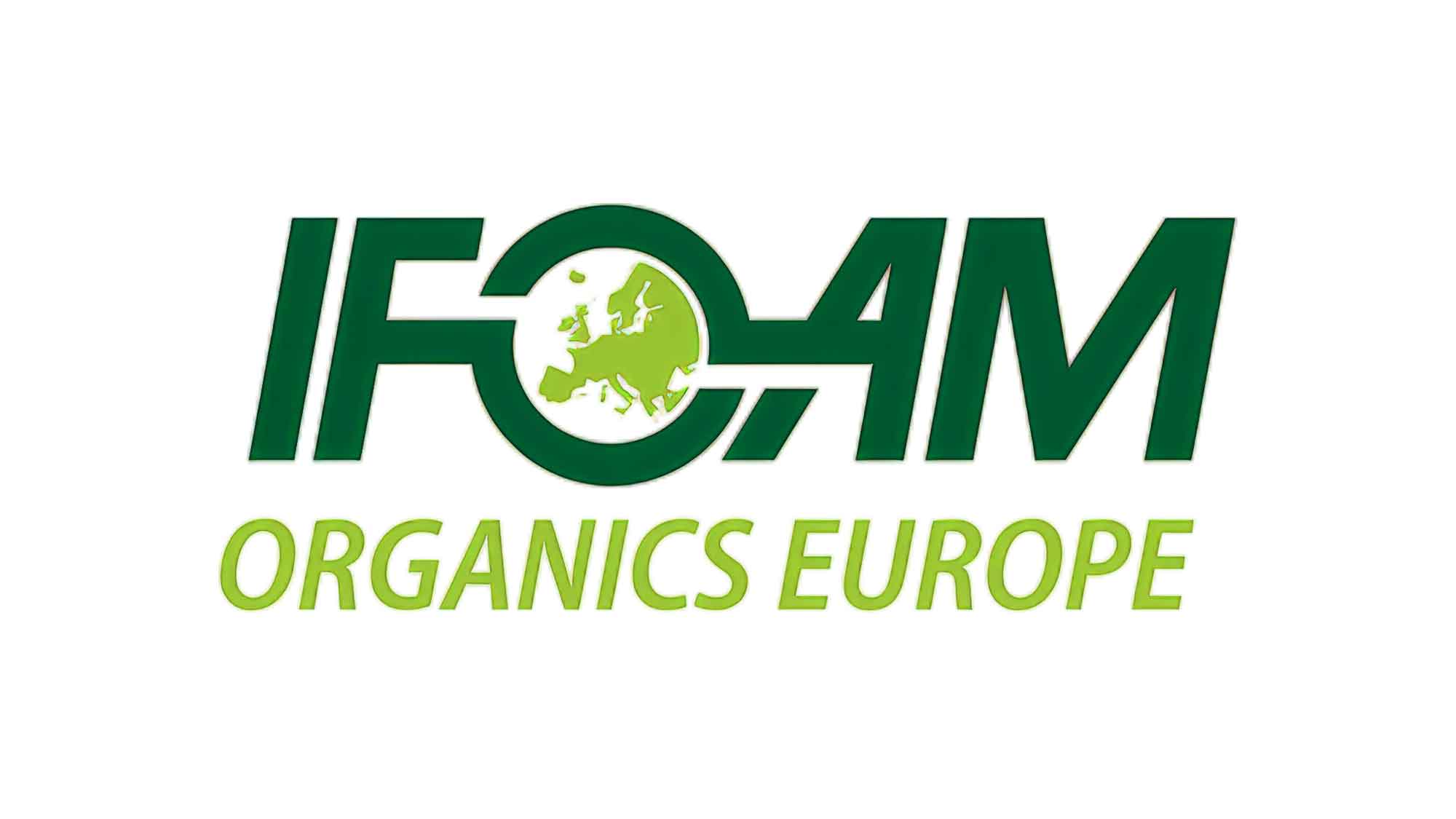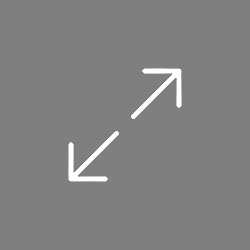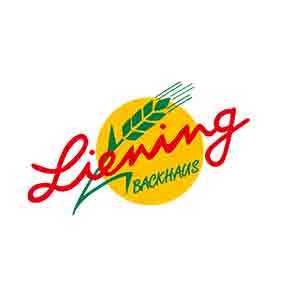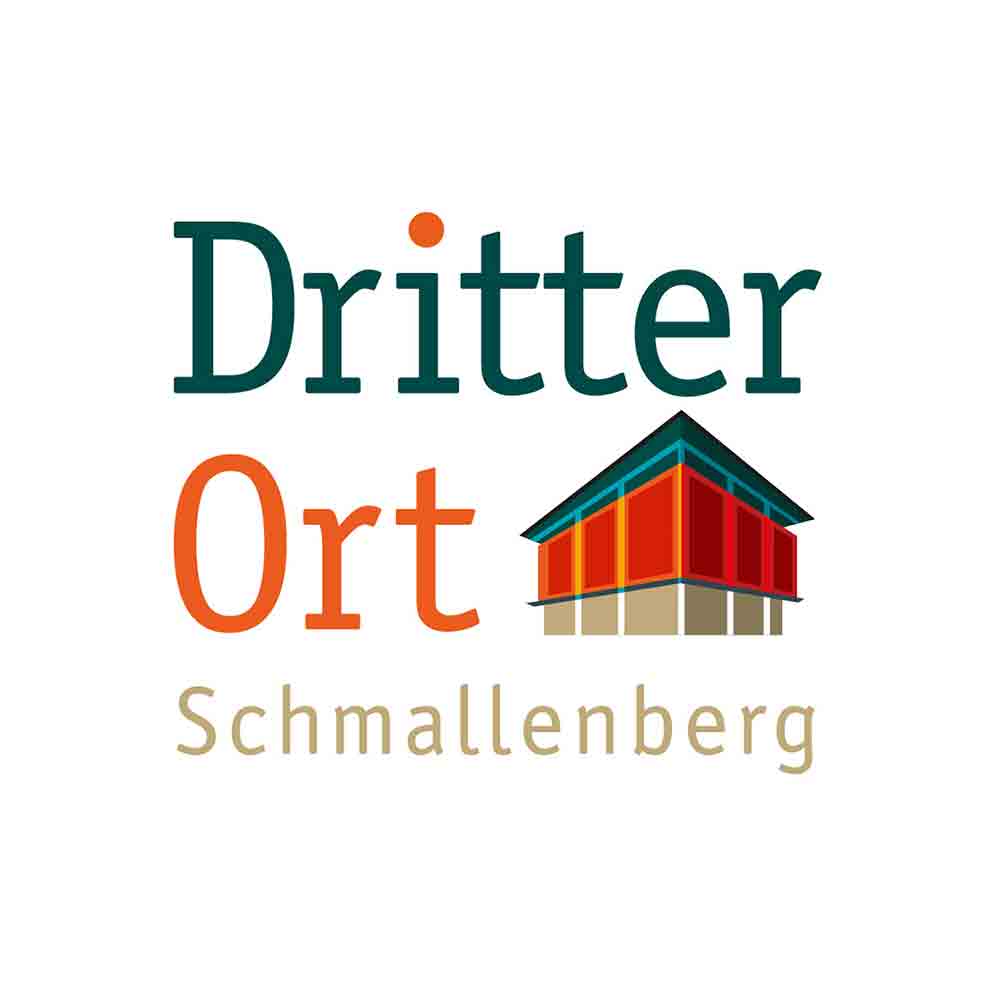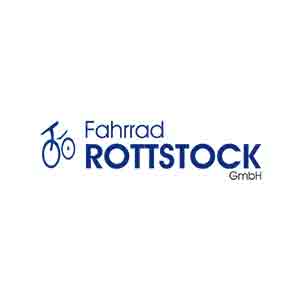NGT vote a step back for biodiversity that nonetheless safeguards traceability and national “coexistence” measures
Brussels, February 7th, 2024
Today the European Parliament voted on the legislative proposal on so called “New Genomic Techniques” (NGTs). According to IFOAM Organics Europe the outcome is a step backwards in terms of biosafety and freedom of choice for consumers, but MEPs safeguarded some minimum transparency requirements and even re integrated traceability provisions that Member States should build on to secure the freedom of farmers not to use genetic engineering.
“A majority of MEPs voted in favor of weakening biosafety requirements for NGTs but also to maintain traceability of NGTs all along the production and the possibility for national coexistence measures to protect organic agriculture”, said Jan Plagge, president of #IFOAM Organics Europe, after the vote.
While voting in favor of the proposal, the Parliament also acknowledged that patents on seeds are a threat to the European breeding sector and sent a clear message that patents protection should not extend to genetic material that can also be obtained by conventional breeding.
“Today’s vote by MEPs is full of contradiction as it acknowledges some major issues associated to NGTs deregulation but fails to provide concrete solutions and would leave farmers and breeders exposed to corporate takeover of genetic resources through patents”, pointed Plagge.
“The Council of Ministers should not repeat the same mistakes of rushing these discussions and disregarding the lack of scientific basis to deregulate some of these novel genomic techniques pointed by the French food safety authority. National governments should first provide a legal solution to protect breeders and farmers from patents, and to protect the integrity of organic and conventional GMO free production, before moving ahead with weakening biosafety requirements,” warned Jan Plagge.
The parliament agreed with the approach of the European Commission and the demands of the organic sector to explicitly maintain the ban of all NGTs in organic production. The Parliament also voted to maintain traceability provisions for NGTs that go beyond the minimum transparency on NGTs in seed lots proposed by the European Commission. MEPs also rejected amendments that would have prevented Member States from taking coexistence measures to protect the integrity of organic and conventional GMO free production.
A position from the Council of ministers is still expected before trilogue negotiations could start.
Organic producers count on Member States in the Council to secure their right to take traceability and national coexistence measures to ensure the freedom of farmers, food producers and consumers not to use genetic engineering techniques.
Positions
Global organic movement position paper on Compatibility of breeding techniques in organic systems
Other materials
[New] Infographic “New genomic techniques plus patents equals Ticking time bomb”
Briefing paper Sustainability in organic breeding: Improving the entire system or adjusting some genes?
Watch our video and learn about the issue with novel genomic techniques
New GMOs – Key resources, living article which is updated periodically
Young German organic farmers calling for their right to choose (in German, January 2023)


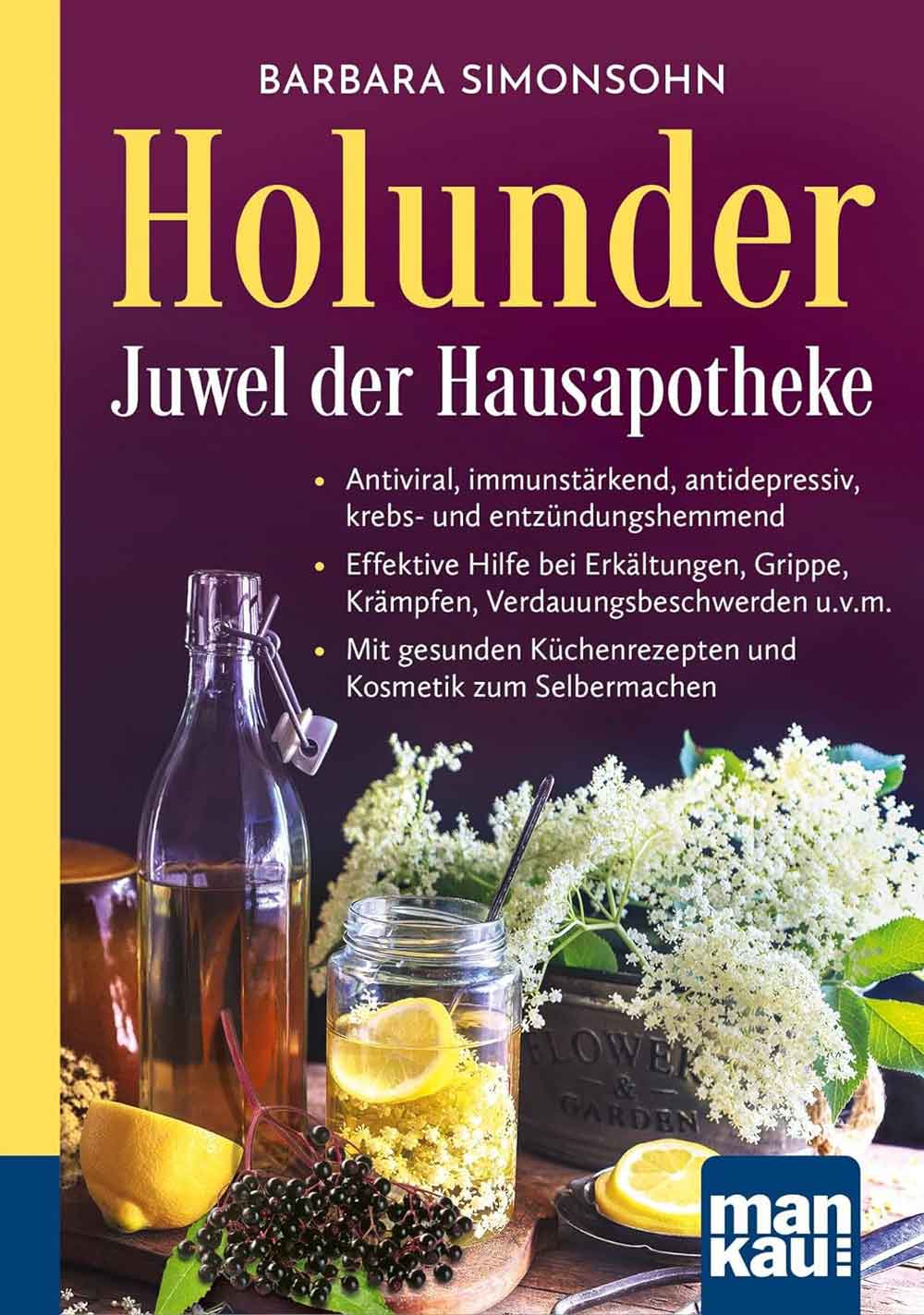
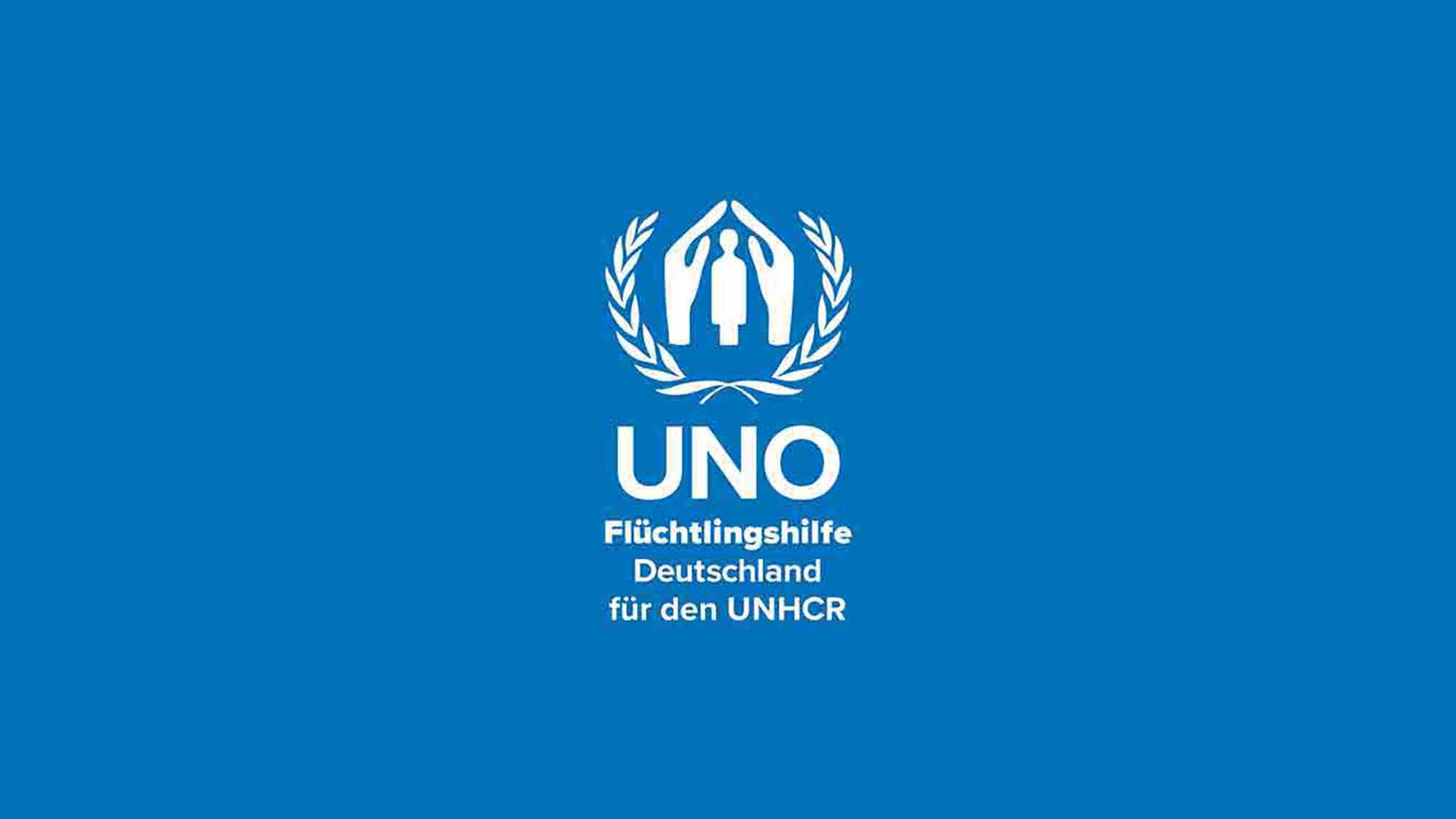

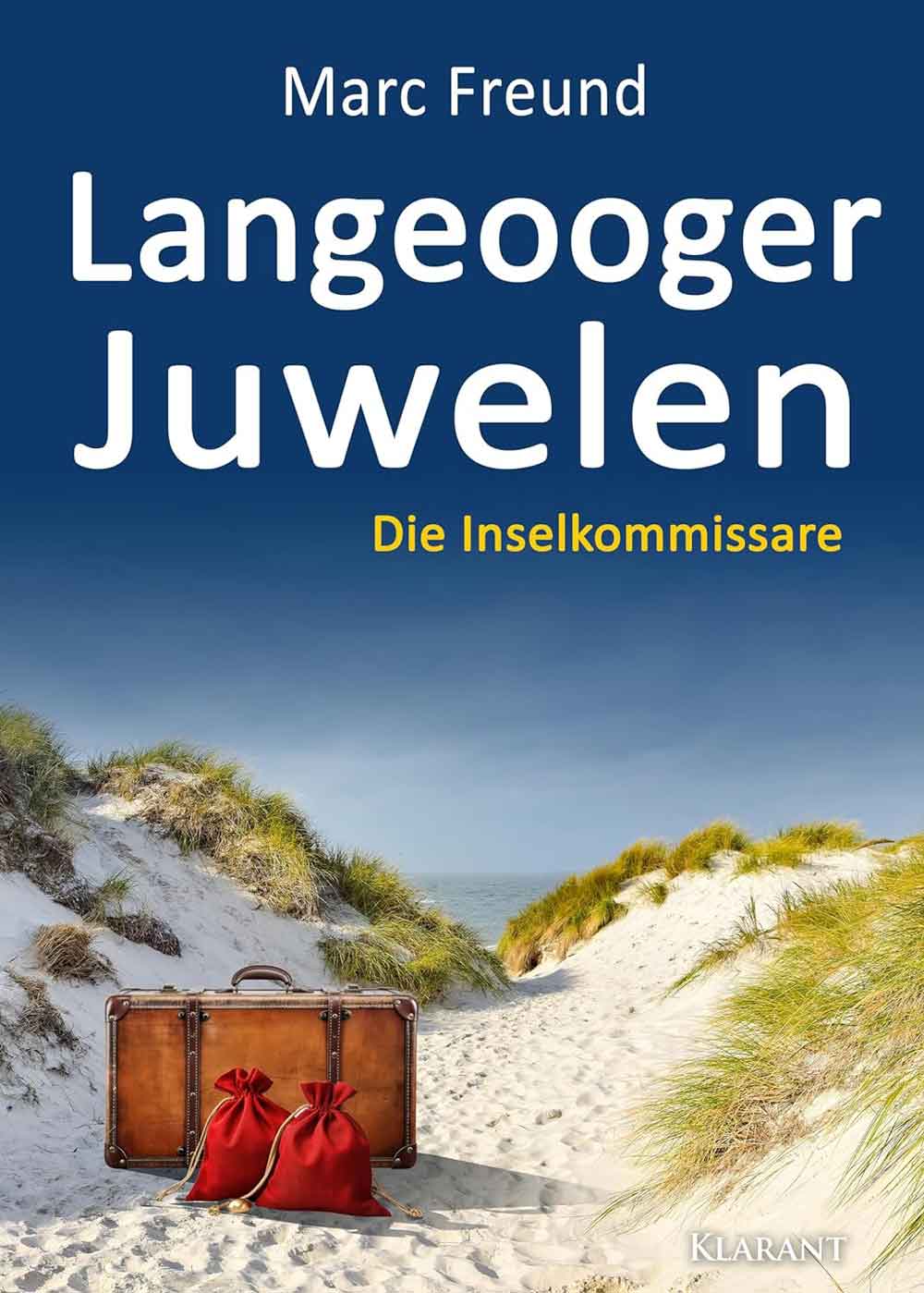

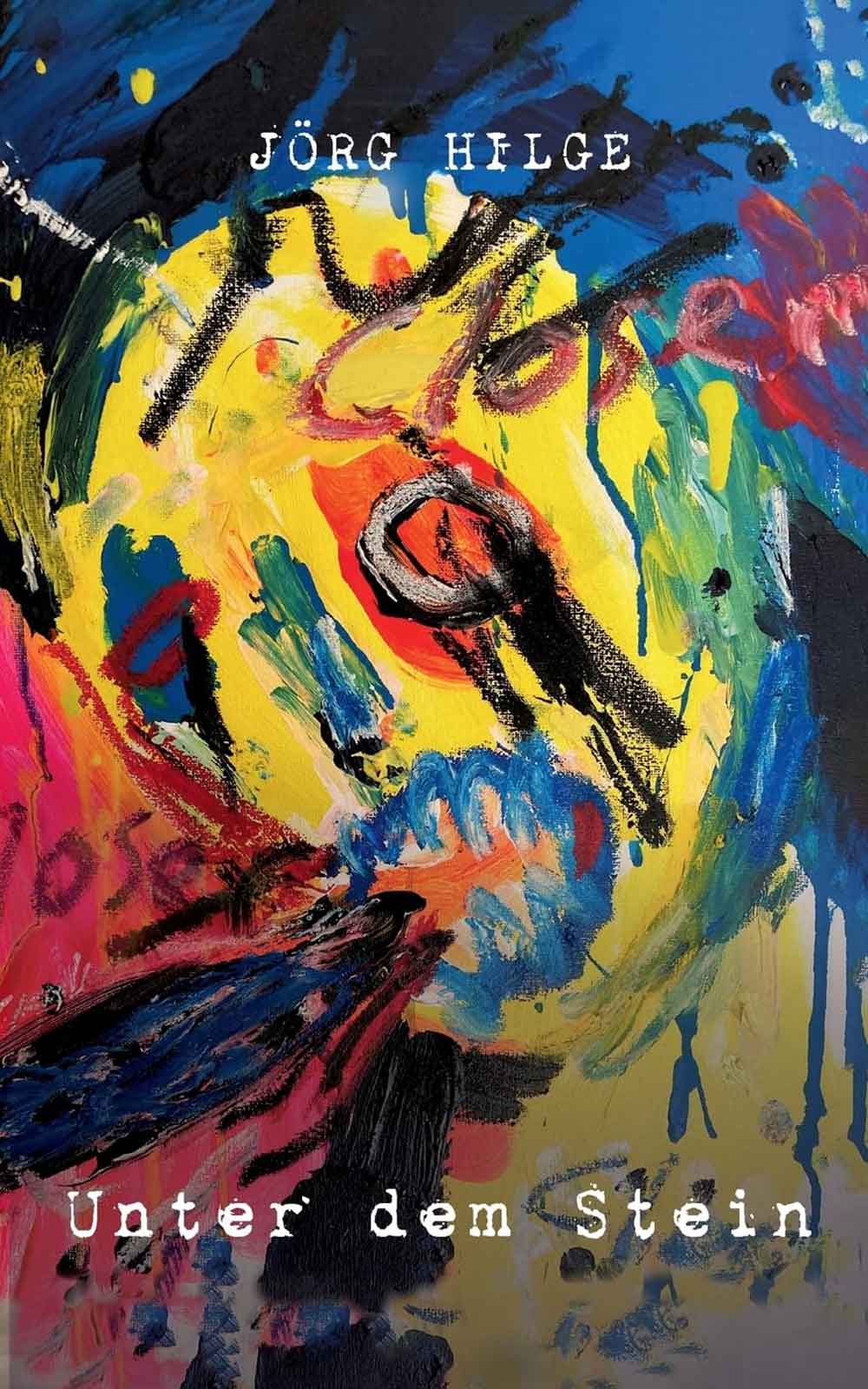
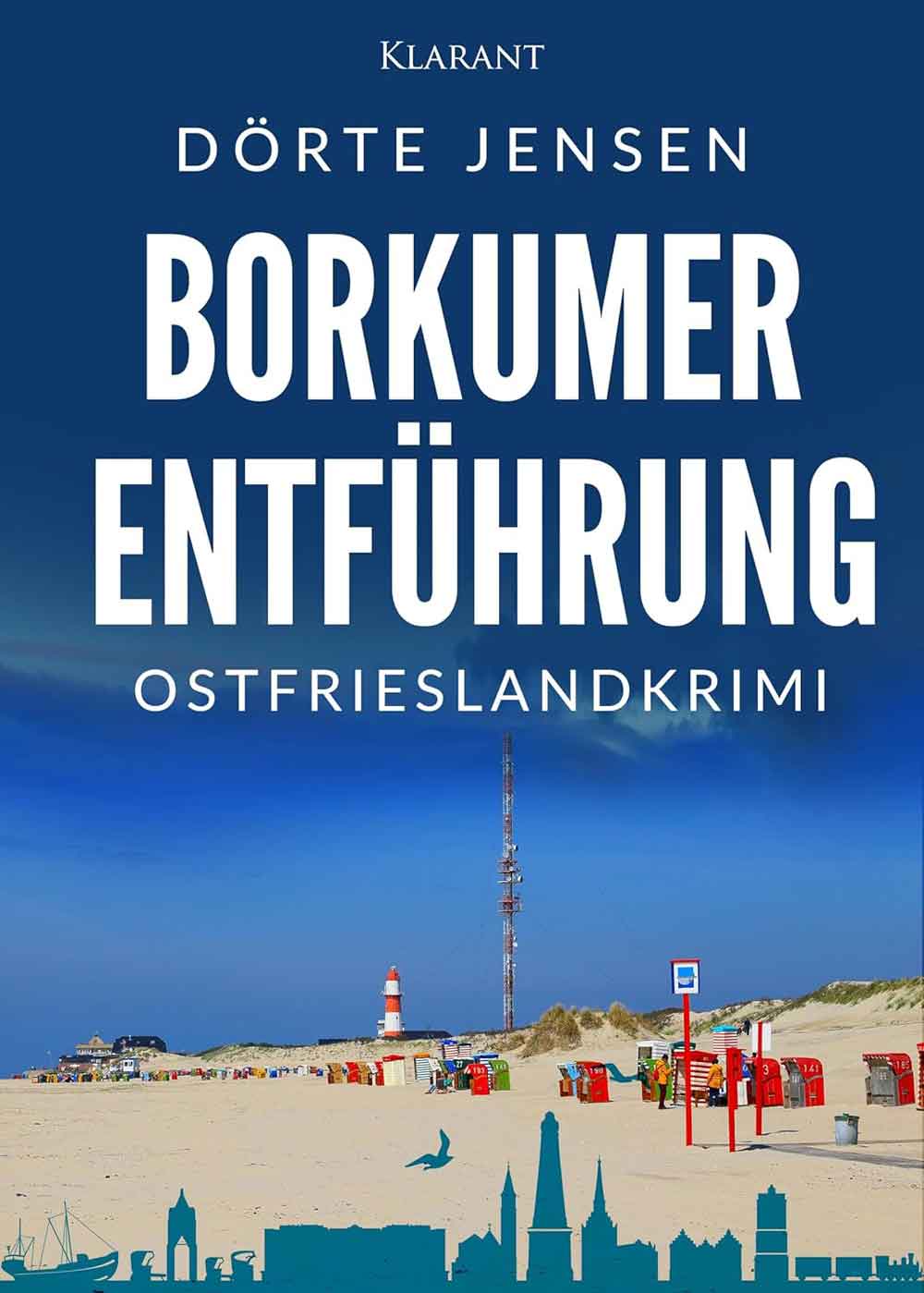






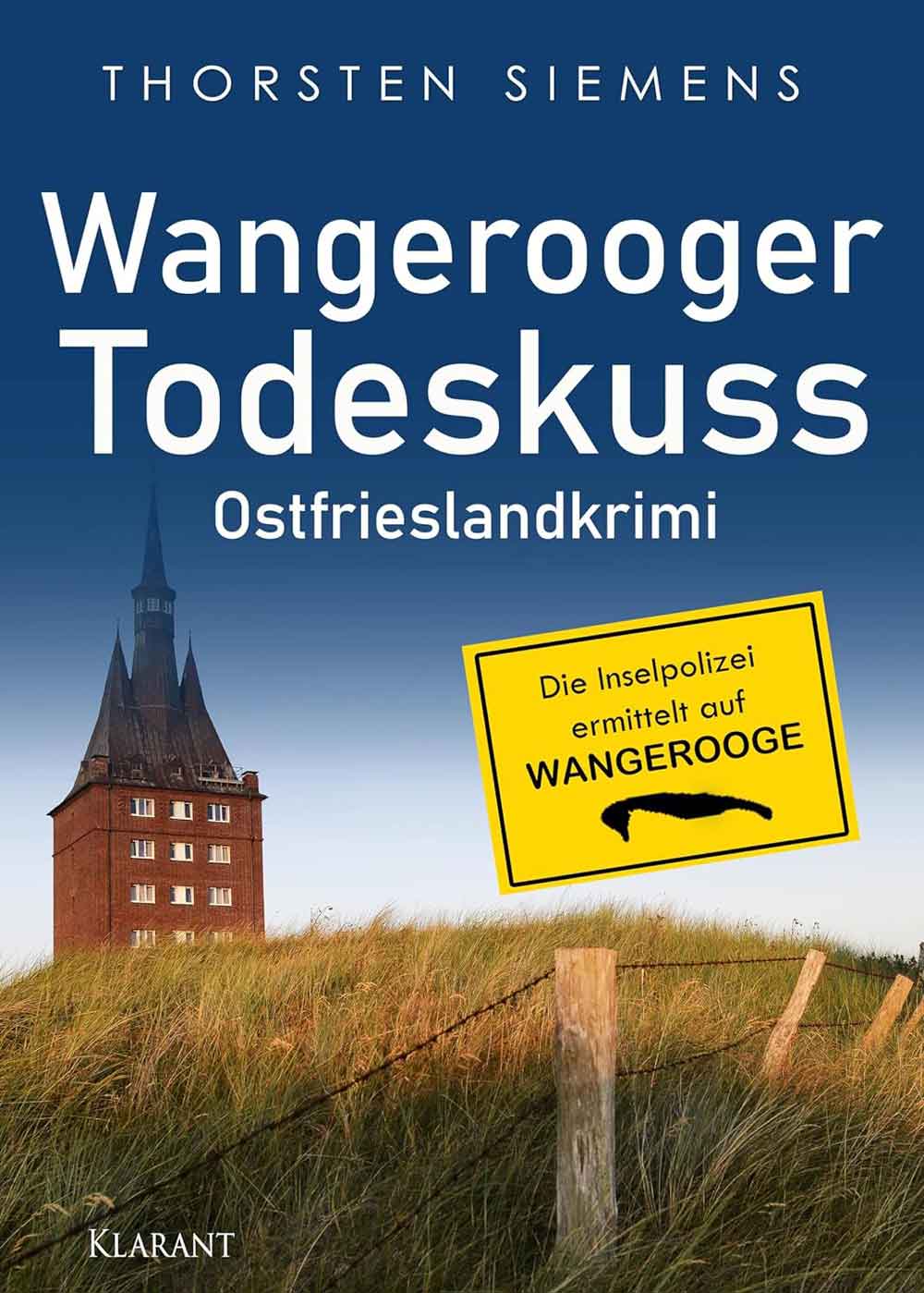


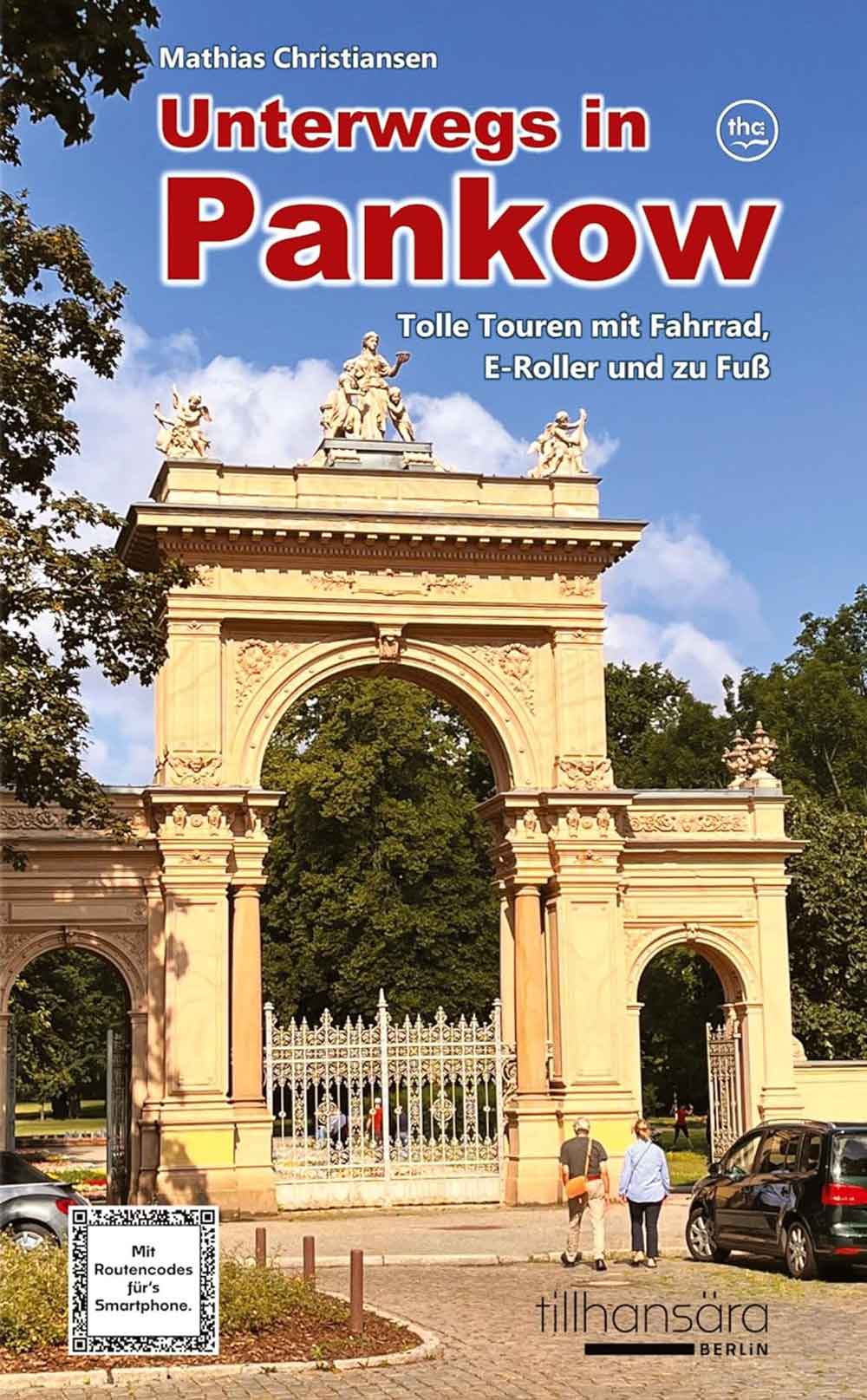
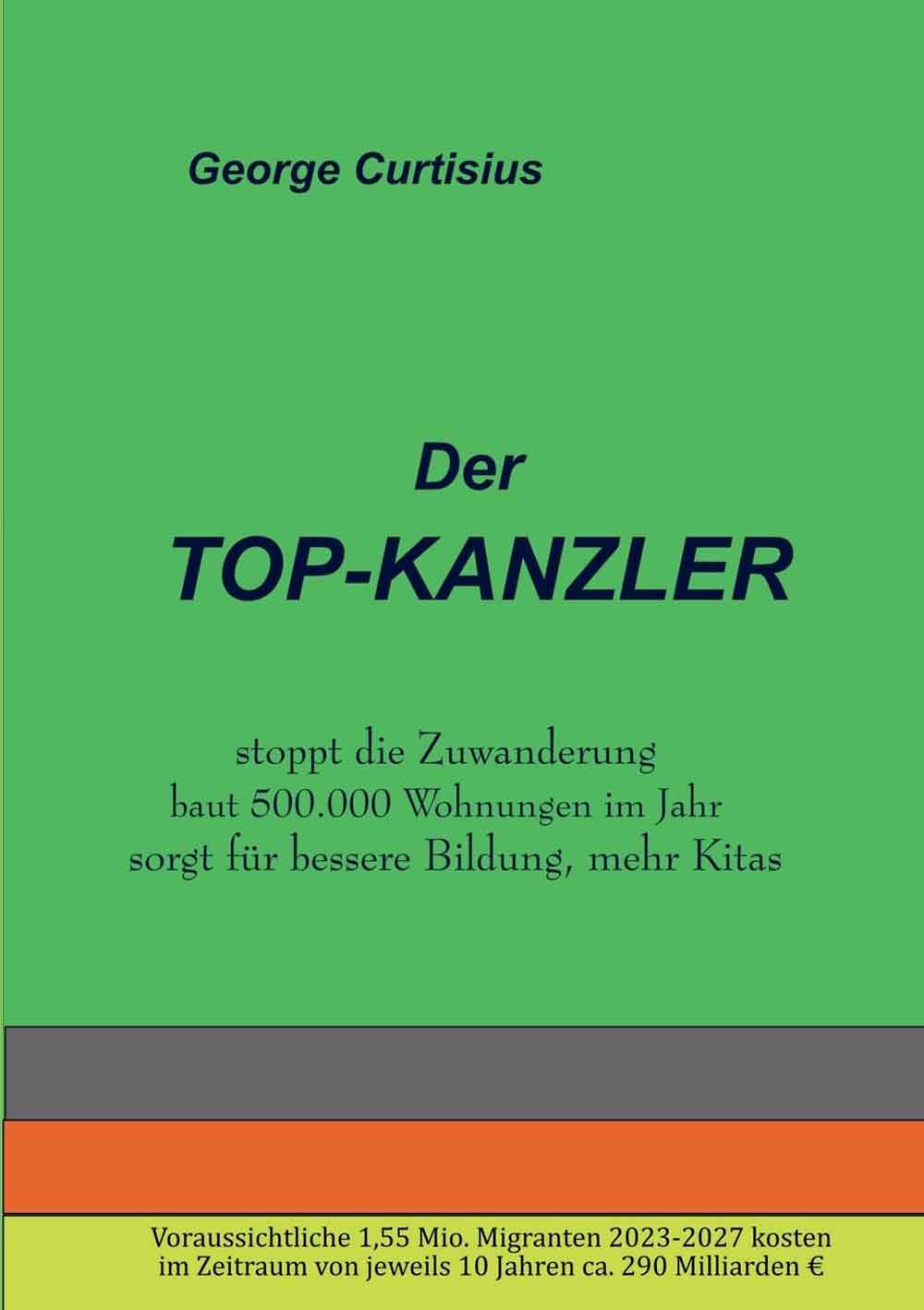








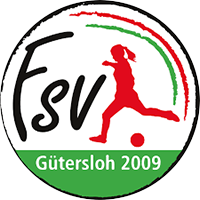










 Gütsel RSS Feed
Gütsel RSS Feed






